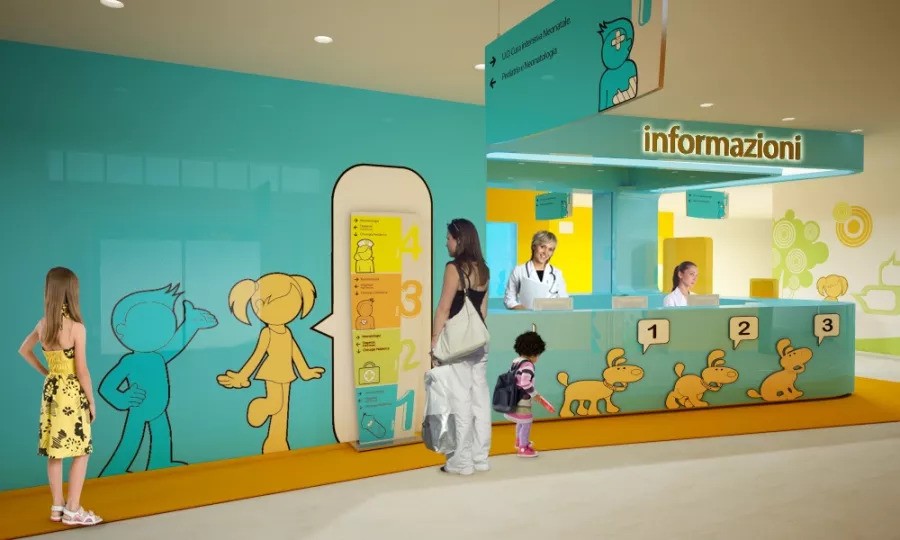In the realm of healthcare, pediatric hospitals play a pivotal role in safeguarding the health and well-being of our youngest citizens. Beyond providing medical care, these institutions bear the responsibility of advocating for systemic changes that can positively impact the health outcomes of children. This blog explores the essential role that pediatric hospitals play in advocating for change and how their efforts can contribute to building a pediatric hospital hyderabad for the next generation.
The Current Landscape:
Pediatric hospitals operate in a complex healthcare landscape, addressing a myriad of medical conditions affecting children, from common illnesses to rare diseases. While these institutions excel in providing specialized care, they also witness firsthand the challenges and gaps in the existing healthcare system. It is within this context that the advocacy role of pediatric hospitals becomes crucial.
Advocacy for Research and Innovation:
Pediatric hospitals are often at the forefront of medical research, pushing the boundaries of knowledge to find innovative solutions for childhood diseases. Through advocacy, these institutions can champion increased funding for pediatric research, ensuring that scientific advancements are made in understanding and treating conditions specific to children. By promoting innovation, pediatric hospitals contribute not only to the improvement of patient care within their walls but also to the broader field of pediatric medicine.
Addressing Health Disparities:
Pediatric hospitals are uniquely positioned to identify and address health disparities affecting children. By advocating for policies that target the root causes of these disparities, such as socioeconomic factors and access to healthcare, pediatric hospitals can work towards ensuring that all children, regardless of background, receive the care and resources they need. This advocacy extends beyond the hospital walls and can have a lasting impact on community health.
Ensuring Access to Quality Healthcare:
One of the primary roles of pediatric hospitals is to provide quality healthcare to children in need. Advocating for policies that improve access to healthcare services, especially for underserved populations, is a critical aspect of their mission. This may involve supporting initiatives for health insurance coverage, increasing the number of healthcare providers, and promoting preventive care measures that can mitigate the need for more extensive interventions later on.
Collaboration and Networking:
Pediatric hospitals can leverage their collective influence by collaborating with other healthcare institutions, organizations, and policymakers. Through strategic partnerships, they can amplify their advocacy efforts and create a unified voice for the needs of children. By sharing best practices and collaborating on research, pediatric hospitals can foster an environment that prioritizes the health and well-being of the pediatric population.
Educating the Community:
Advocacy is not limited to policymakers and healthcare professionals; it also involves educating the community. Pediatric hospitals can take the lead in raising awareness about child health issues, preventive measures, and the importance of early intervention. Through community engagement and education programs, these hospitals can empower parents and caregivers to make informed decisions regarding their children’s health.
